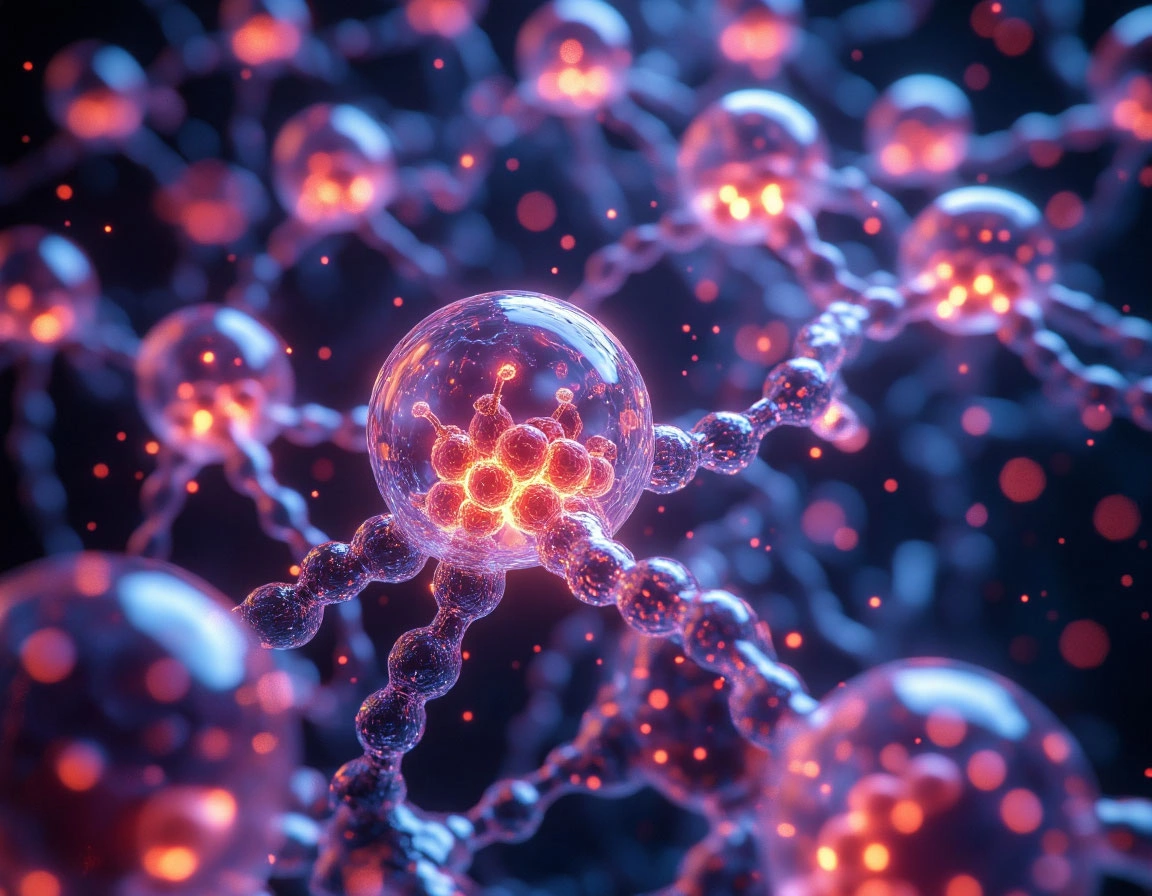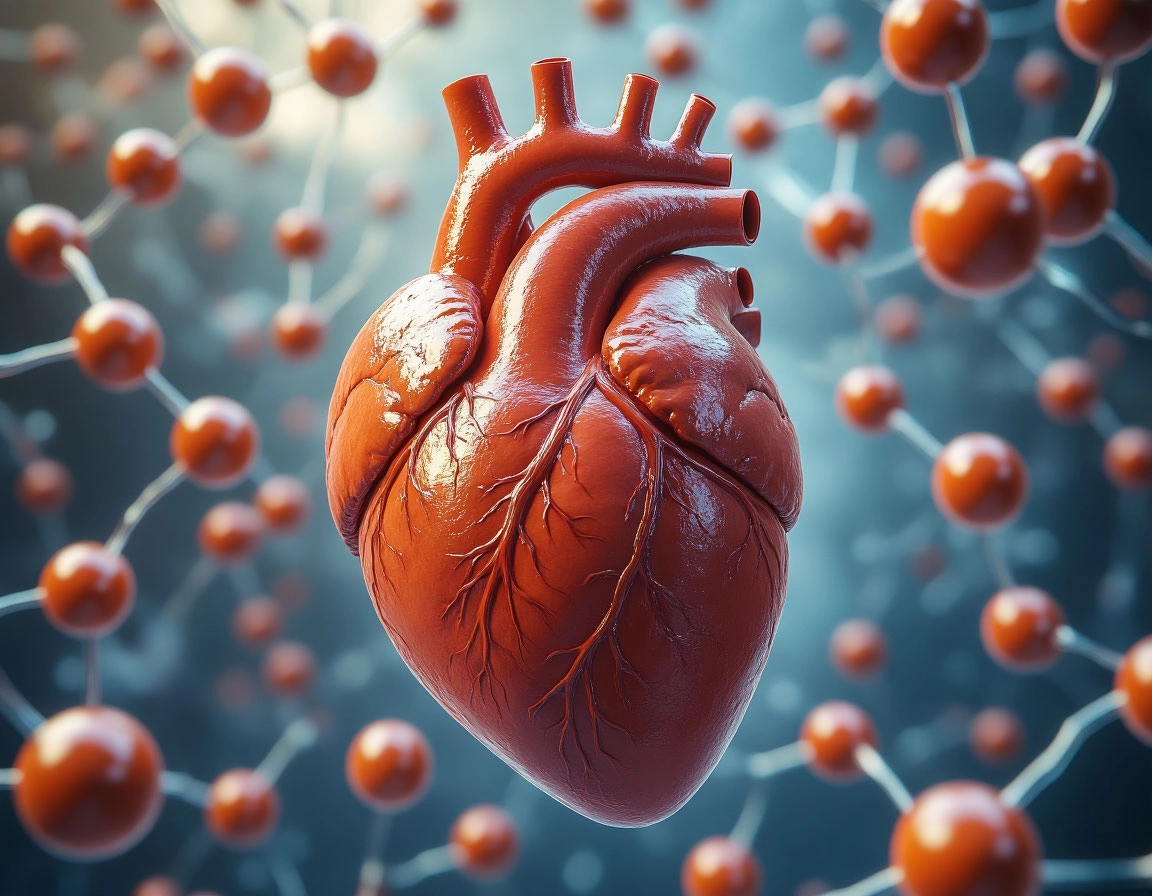💖 Vitamin E: Not Just for Skin — A Vital Nutrient for Heart, Brain & Hormonal Health
🌟 Beyond Beauty: The Real Power of Vitamin E
When most people hear “vitamin E,” they think of skincare products promising smooth, youthful skin. While it’s true that vitamin E benefits the skin, limiting its reputation to just cosmetic uses misses its critical impact on overall health. Vitamin E, particularly in its form alpha-tocopherol, is a powerful antioxidant. It works by neutralizing free radicals — unstable molecules that damage cells, accelerate aging, and contribute to chronic diseases.

🧠 What Does Vitamin E Actually Do in the Body?
Here are some of the vital functions vitamin E performs beyond supporting skin health:
- 🛡️ Protects cell membranes by preventing oxidative damage
- ❤️ Supports cardiovascular health by protecting blood vessels
- 🧬 Preserves DNA integrity, reducing inflammation and cellular stress
- 🧠 Improves cognitive function and may help delay age-related decline
- 🫀 Maintains healthy cholesterol levels, reducing LDL oxidation
- ⚖️ Regulates hormonal balance, especially in reproductive health
In short, vitamin E acts like a guardian for your cells — defending them from environmental and internal stressors.
🫀 Vitamin E and Heart Health
Oxidative stress is one of the silent culprits behind atherosclerosis (hardening of the arteries), a major risk factor for heart disease. Vitamin E:
- Inhibits the oxidation of LDL (bad cholesterol), a key event in plaque formation
- Enhances circulation and reduces the risk of blood clots
- May help lower inflammatory markers in the bloodstream
Studies show that individuals with higher vitamin E levels often have better cardiovascular resilience, especially under high stress or poor diet conditions.

🧠 Brain, Mood & Cognitive Protection
Your brain is highly sensitive to oxidative stress, making antioxidants like vitamin E crucial for:
- Cognitive performance and memory
- Protection against age-related cognitive decline and neurodegeneration
- Regulation of mood and stress responses
Vitamin E helps stabilize neuronal membranes, supports neurotransmitter function, and assists in the repair of brain cells affected by inflammation or toxins.
⚖️ Hormonal and Reproductive Health
Vitamin E plays a key role in female and male reproductive health by:
- Supporting hormonal balance during menstrual cycles or menopause
- Improving egg quality and sperm motility
- Reducing inflammation in reproductive tissues
- Supporting skin elasticity and mucosal integrity
Because it works alongside hormones like estrogen and progesterone, vitamin E can ease symptoms like PMS, hot flashes, or low libido.

⚠️ Signs You Might Be Lacking Vitamin E
Although severe deficiency is rare, subclinical deficiency — where your levels are lower than optimal — is more common than we think, especially in:
- People on low-fat diets
- Individuals with digestive issues (e.g., celiac or IBS)
- Those exposed to high oxidative stress (pollution, smoking, chronic stress)
Common symptoms of low vitamin E include:
- Fatigue or poor recovery after physical stress
- Dry, irritated skin or hair
- Brain fog or forgetfulness
- Hormonal irregularities
- Weakened immunity
🌿 Conclusion: Vitamin E is More Than a Beauty Booster
While vitamin E continues to shine in skincare, it deserves equal recognition as a vital nutrient for total body wellness. From heart and brain protection to hormone balance and immune support, its benefits are far-reaching.
Close